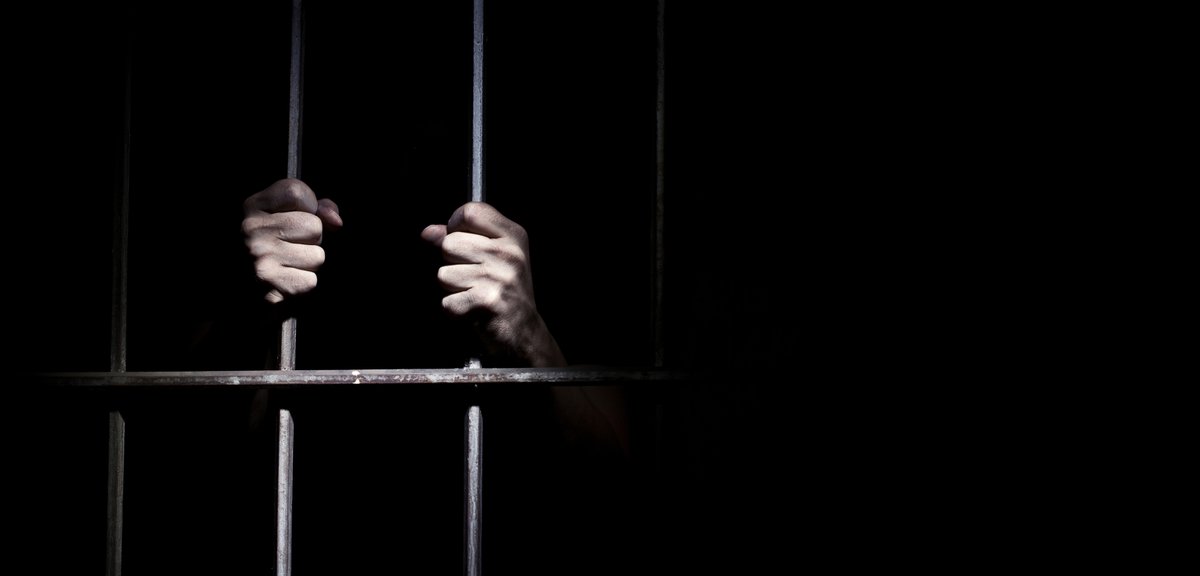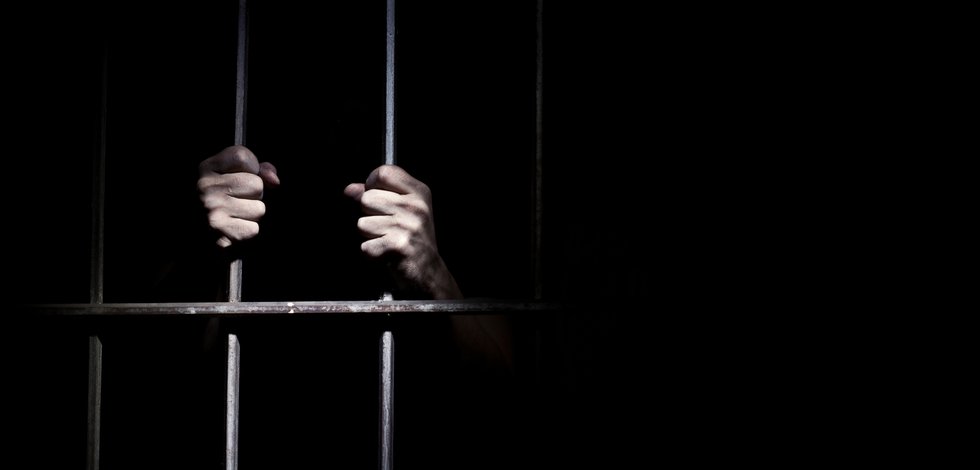[ad_1]
In 1866, U.S. Congressmember Thaddeus Stevens, Republican of Pennsylvania, criticized the Punishment Clause of the Thirteenth Modification, noting that it allowed states to take residents charged with assault and battery and promote them “into bondage for ninety-nine years.” This observe continues right this moment, 157 years later, and Washington and California stay the final defacto slave states within the West.
Most individuals view the Thirteenth Modification as the top of slavery in America. An in depth learn of the statute, nevertheless, reveals a sinister fact. Moderately than prohibiting all types of slavery, the Modification wrote in an exemption for slavery “as a punishment for against the law.”
As a result of states are permitted to make state constitutions extra protecting than the federal Structure, they maintain the ability to abolish slavery by legislative motion. In 2022, voters in 4 states accepted poll measures to override the Thirteenth Modification—Alabama, Tennessee, Oregon, and Vermont joined Colorado, Utah, and Nebraska within the new push to ban slavery, and Nevada voters will determine the difficulty within the 2024 election. But, related makes an attempt in Washington and California have failed or are destined to take action of their state legislatures, leaving prisoners in these states to proceed being compelled to work with out pay or incomes extraordinarily low wages.
Relating to slavery, the Washington State Structure is silent, with no amendments or language on the matter. Whereas the Thirteenth Modification was ratified on December 6, 1865, Washington State’s structure was framed some twenty-four years later, in 1889. The silence on slavery makes the Thirteenth Modification the only authority on the matter within the state.
If there was ever a case the place silence equals violence, it might be made right here. Washington has strict and coercive “programming” necessities that compel prisoners to keep up employment or requisite hours of education to be able to keep or earn their launch dates—a system of unfree labor made attainable as a result of Thirteenth Modification.
Relating to slavery, the Washington State Structure is silent, with no amendments or language on the matter.
Although thought of a progressive state, Washington has a historical past of regressive insurance policies that embody being the primary state within the nation to cross a three-strikes legislation and the primary to implement determinate sentencing by the Sentencing Reform Act, a legislation that explicitly discourages rehabilitation.
Whereas latest decriminalization legal guidelines have vastly lowered the variety of prisoners prior to now 5 years, Washington State Correctional Industries—the first establishment benefitting from unfree labor in Washington—nonetheless generated as a lot as $70 million {dollars} in gross sales in recent times. This cash got here off the fingers and backs of roughly 2,000 prisoners, making Washington State Correctional Industries the fourth largest unfree labor program within the nation by its manufacturing of furnishings, janitorial provides, textiles, and meals.
In response, state Consultant Tarra Simmons, a Democrat, proposed Home Invoice 1024—or the “Actual Labor, Actual Wages Act”— within the 2023 legislative session. As a previously incarcerated member of the Washington state legislature, Simmons knew the sting of unfree labor from her time behind bars. She commonly speaks about being compelled to work graveyard shifts for lower than forty-two cents an hour throughout her incarceration. Her invoice would prohibit compelled labor in jail and supply minimal wage to these prisoners who select to work.
As a consequence of monetary issues raised by the price range committee and resistance by proponents of unfree labor, the act didn’t cross. Nonetheless, Simmons’s efforts went additional in Washington than related efforts in California.
The battle to finish slavery in California failed even earlier than it made the poll. Constitutional Modification 8, also referred to as the “Finish Slavery In California Act,” would have amended the California Structure to ban all types of slavery within the Golden State.
The California Structure first legalized slavery as punishment for crime in 1849.
The state structure’s stance on slavery was reaffirmed within the new Structure of 1879, and it was reaffirmed once more in a rewrite of the article legalizing slavery in 1974. Given a number of probabilities to finish slavery in California, lawmakers as an alternative allowed division throughout the Democratic get together, in addition to fiscal issues, to tank the laws, in line with the Los Angeles Instances.
Amending the State Structure requires a two-thirds vote by each homes of the legislature. It’s unclear whether or not new makes an attempt to cross Constitutional Modification 8 will reach 2024. However Democratic state Assemblymember Lori D. Wilson, who authored the laws, seems intent on persevering with the battle to finish slavery in her state.
The connection between jail employees and jail industries is harking back to a sharecropper dynamic—the employee is compelled right into a selection between nothing and servitude.
California prisoners additionally face harsh disciplinary measures after they refuse to work—a coercive coverage solely made authorized by the Thirteenth Modification. California Jail Business Authority (CALPIA) conscripts roughly 7,000 prisoners from the California Division of Corrections and Rehabilitation. With this workforce, CALPIA studies slightly below $250,000 in income for the fiscal yr 2021-2022. This quantity is available in considerably decrease than the cash reported by Washington State Correctional Industries, as CALPIA is just not reporting its gross sales—a metric extra indicative of its financial energy than income alone.
Each California Jail Business Authority and Washington State Correctional Industries declare that employees employed of their applications work voluntarily. However the energy dynamics at play, together with coercion by state jail insurance policies, undercut this narrative. The connection between jail employees and jail industries is harking back to a sharecropper dynamic—the employee is compelled right into a selection between nothing and servitude, and those that personal the land personal the one that “chooses” to work it.
With California’s shameful publicity for holding prisoners previous their launch dates to battle fires, lawmakers ought to take a protracted look within the mirror and ask themselves if that is the sort of state they need to dwell in. Members of the Washington states legislature ought to acknowledge that their silence on slavery within the Washington Structure doesn’t abdicate their ethical culpability.
Perhaps, with the work of legislators like Simmons and Wilson, Washington and California can set budgetary issues and political bickering apart in 2024 and develop into as progressive as Alabama.
[ad_2]



